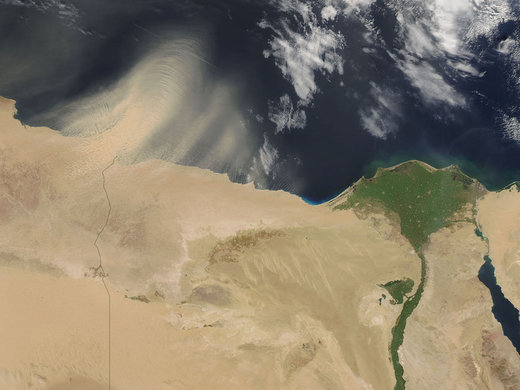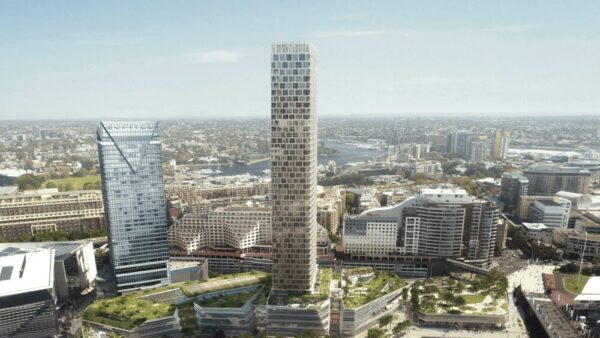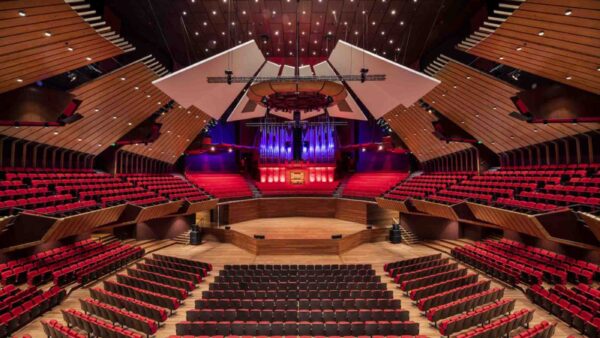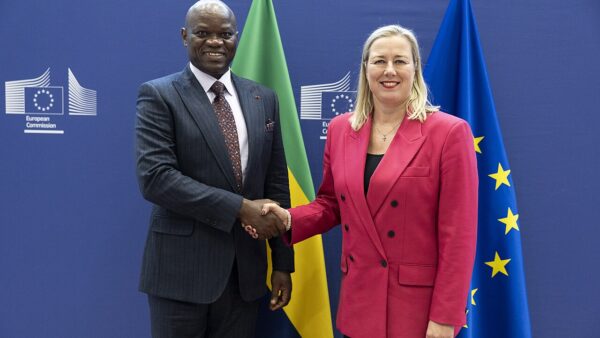2 April 2014
Egypt has taken a new tack in its campaign to halt Ethiopia’s plans to build a dam across the Blue Nile – it will now take its case to the International Court of Justice in the Hague.
Previously, the Egyptians had called for third-party mediation to resolve the conflict over the Grand Renaissance Dam, but Ethiopia has refused to participate.
The country’s official gazette announced on Monday that a committee had been formed to look into the possibility of using international law to assert Egypt’s claim to the Nile’s water.
The six-member committee is composed of representatives of the ministries of defence, foreign affairs and irrigation, and three experts in international law.
Ethiopia has made no concessions to Egypt so far. It has rejected Egypt’s proposal to take the matter to mediation, and government officials have dismissed the idea of international arbitration, on the grounds that there are no bodies competent to carry it out.
Talks between the two sides broke down in February and in the past few weeks they have been trading blows in the region’s media.
Egypt said on 17 March that further negotiations were “necessary in order to avoid any serious developments that might affect Egypt’s national security”.
Badr Abdelatty, foreign ministry spokesperson, said: “It is a matter of life or death, a national security issue that can never be compromised on.”

The Nile is Egypt… [source: NASA; Wikimedia Commons]
Mohamoud Dirir, Ethiopia’s ambassador to Egypt, responded that: “As far as I know, there are two-and only two-countries in the entire world that are well placed to mediate between Egypt and Ethiopia, and these are Ethiopia and Egypt themselves. That is if there is a need at all for a mediator.”
He added that: “It is naïve to consider that relations between Ethiopia and Egypt should solely be viewed through the prism of the Nile issue”. Instead, they need “a vision that goes beyond such a narrow scope and encompasses integrated economic and social aspects of development”. He also pointed out that Egypt had trained many of Ethiopia’s hydrologists. Â
Construction work on the dam is about 30% complete, according to the government of Ethiopia. A BBC journalist who visited the site last week reported that “a huge floor of concrete” had been laid, and that parts of the retaining barrier are taking shape.
Ethiopia began diverting water from one of the Nile’s tributaries in May last year.
The project, which covers 1,800 square kilometres, will be the largest hydroelectric scheme in Africa. It is being built at a cost of about $4.7bn, most of which has been raised by the government of Ethiopia, and private citizens, who have been encouraged to buy bonds in the development.
When completed in 2017, the 170m-high dam will produce 6,000MW of electricity. This will supply the whole of Ethiopia and, along with other renewable energy projects, it will form the basis of an electricity export market that will stretch from east Africa to Yemen.
The work on the dam is being undertaken by the Milan-based contractor Salini Costruttori. Ethiopia’s Metal and Engineering Corporation is carrying out the mechanical and electrical engineering and Bougyues subsidiary Alstom is supply turbines and generators.
Egypt and Sudan currently get the lion’s share of the Nile’s waters under colonial-era treaties. While Sudan backs Ethiopia’s plans, Egypt has remained opposed.






